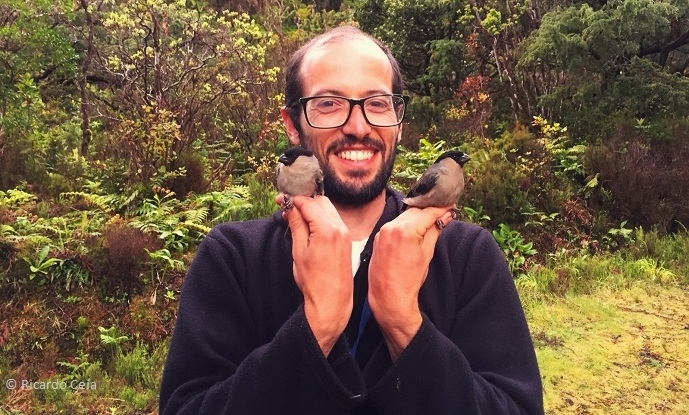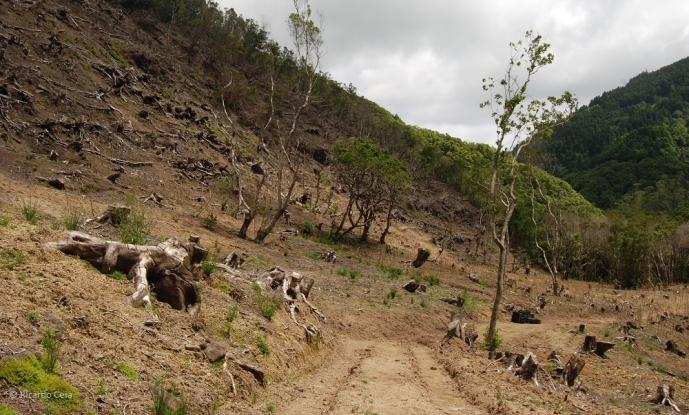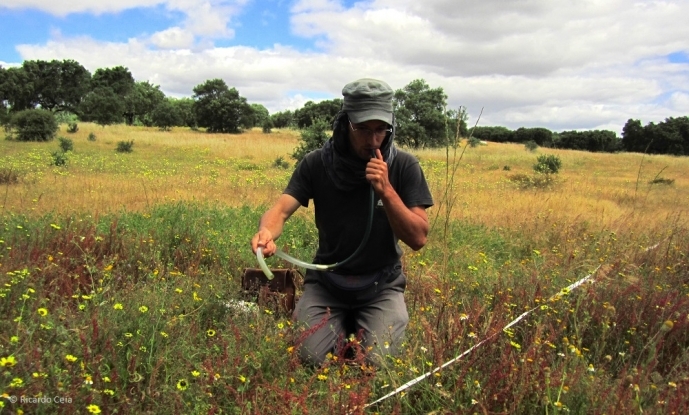Ricardo Ceia
Post-Doc Researcher
Details
Position
Post-Doc Researcher
Member type
Researchers
Email
Degree
PhD
Address
CIBIO-InBIO, Instituto Superior de Agronomia, Tapada da Ajuda, 1349-017 Lisboa, Portugal
Groups
Throughout the course of my career as an ecologist, I have worked on the interface of ecological research and conservation practices at distinct R&D units (MARE – Marine and Environmental Sciences Centre, CFE – Centre for Functional Ecology - Science for People & the Planet, CIBIO – Research Centre in Biodiversity and Genetic Resources) and environmental NGOs (SPEA – BirdLife Portugal, RIAS – Wildlife Rehabilitation and Investigation Centre). I graduated in Biology and obtained a PhD in Biosciences from the University of Coimbra in 2001-2006 and 2012-2016, respectively, and my current expertise and main research interests include the following topics:
(1) ecological restoration and promotion of biodiversity and ecosystem services. I have planned and coordinated management interventions in terrestrial ecosystems (native forests and woodlands, forest plantations, shrublands, peat bogs) and implemented studies to monitor the effectiveness of active, assisted, and passive restoration approaches toward their sustainable use;
(2) species interaction networks and the use of this knowledge to improve ecosystem management. I have conducted and participated in collaborative research projects using network approaches to evaluate changes in community structure and functioning, including community assembly, resilience, and collapse, with a particular focus on pest control services and the integration of invasive alien species (plants and mammals) into forest ecosystems;
(3) bird ecology as a tool to frame important conservation problems at the species and population levels. I have designed and contributed to studies on bird population dynamics (colour ringing, GPS tracking, radio tracking, atlases, citizen science censuses) and foraging ecology (recording food preferences, ligature method, stable isotope analysis, DNA metabarcoding), whose outputs have been especially important in improving the conservation status of the endangered Azores bullfinch, endemic to a single island in the Azores archipelago.




